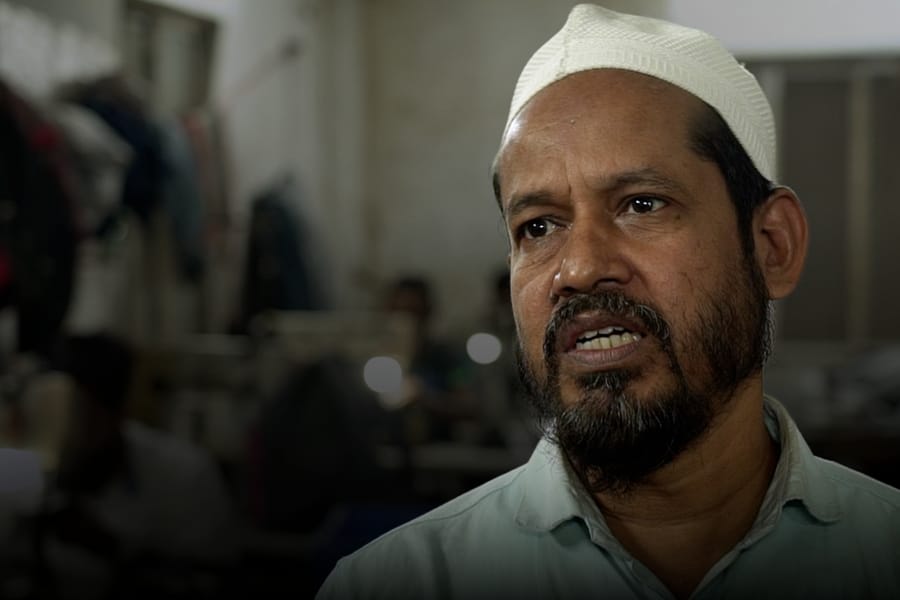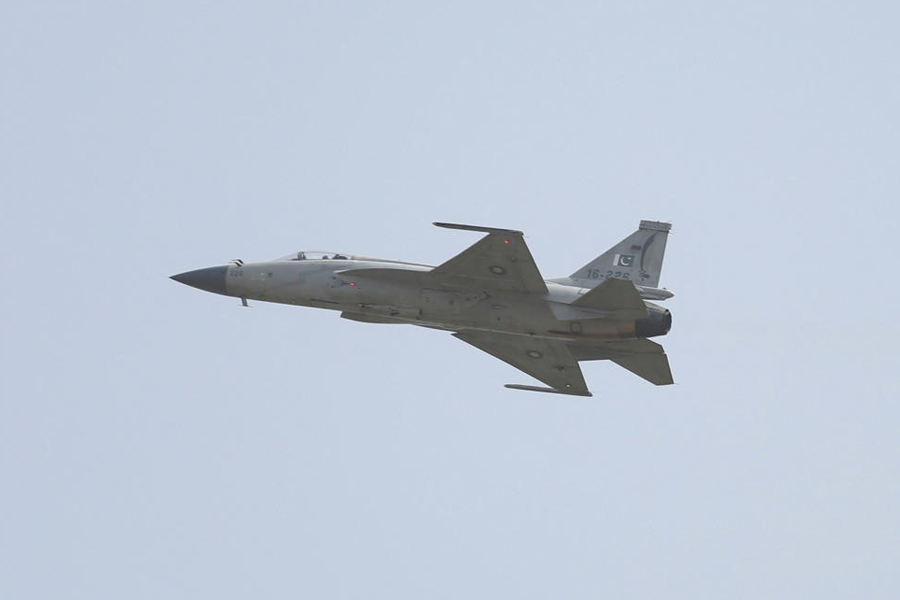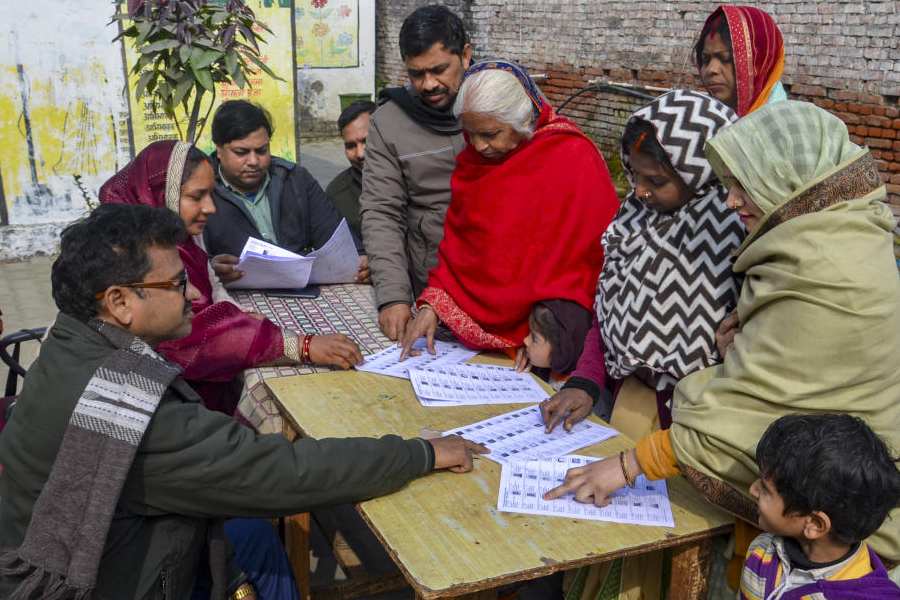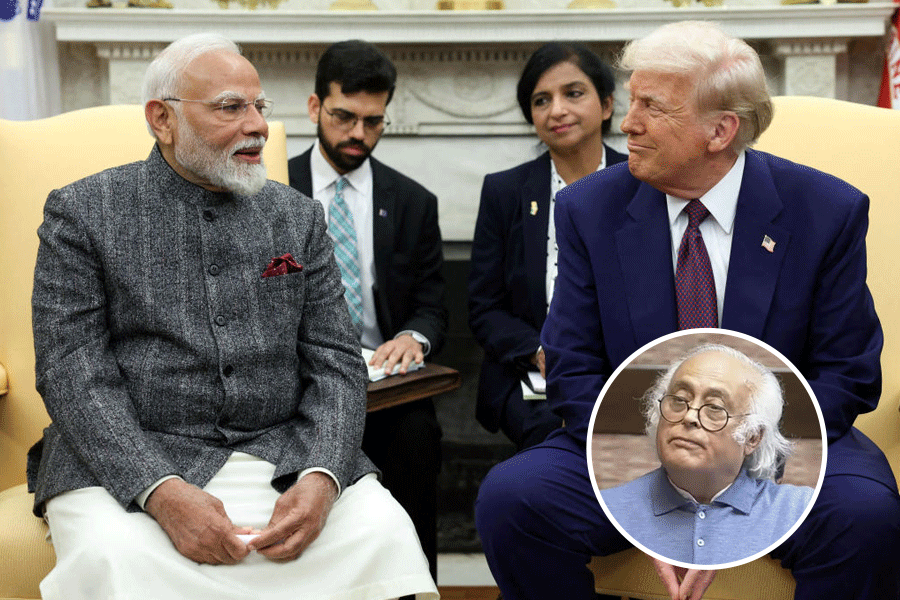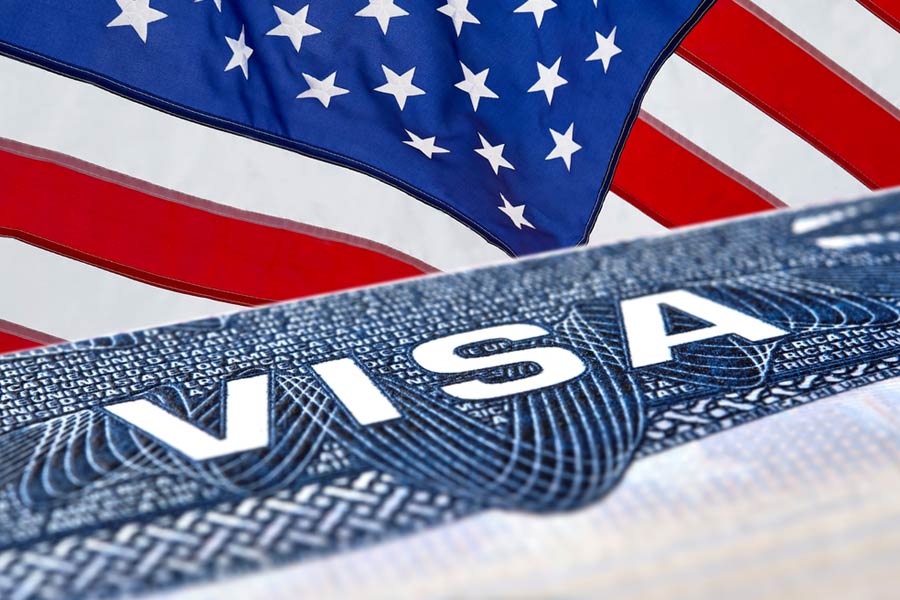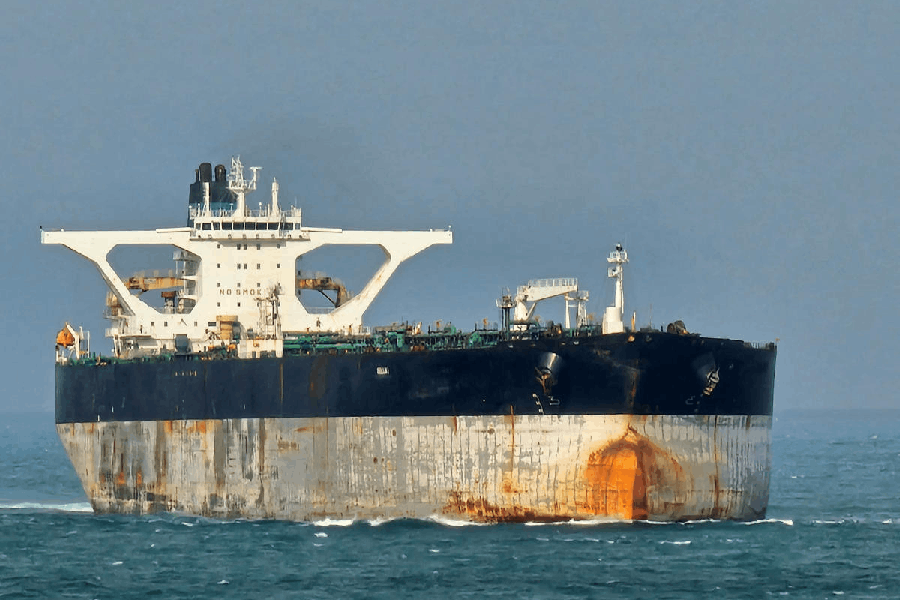 |
New Delhi, Sept. 4: Bengal chief minister Mamata Banerjee’s decision not to go to Dhaka this Tuesday in protest against the proposed Teesta water sharing agreement — which she thinks goes against the interests of the people of north Bengal — has come as a huge embarrassment to the Manmohan Singh government.
The rebuff has sent Union ministers and officials scurrying to save the situation, with Prime Minister Manmohan Singh himself likely to call her in a last-minute effort to bring her on board.
Mamata’s decision, well-placed sources said, may not only cast a shadow on Singh’s September 6-7 visit that was being billed as a “game-changer” in the subcontinent but has also brought into relief the UPA government’s arrogance coupled with political mishandling, reminiscent of the ham-handed way in which it dealt with the Anna Hazare movement.
While some sections in the establishment view Mamata’s sudden hard-line stance right on the eve of the long-in-the making visit as one more “temperamental outburst” and political grandstanding at the cost of a historic diplomatic breakthrough with Bangladesh, others lay the blame for the fresh crisis squarely at the Centre’s door.
The Centre, they contend, took Bengal for granted even though the treaties being worked out with Bangladesh would have a profound impact on the state. While officials on both sides were working overtime to iron out nitty-gritty details on a range of agreements, there were not enough efforts at the political level to bring Mamata on board.
Since Mamata was an ally and ran a coalition government with the Congress, and was also known to have good relations with Bangladesh Prime Minister Sheikh Hasina, her support was taken for granted, these sections feel.
Mamata, on her part, had been very supportive of other aspects of the India-Bangladesh agreements on the anvil — including the contentious boundary settlement — which may have lulled New Delhi into believing that she would go along with the Centre on the entire package being worked out for Dhaka.
The first inkling of trouble came last Tuesday when railway minister Dinesh Trivedi, at a cabinet meeting to discuss the Prime Minister’s Dhaka visit, raised objections to the Teesta agreement on the ground that it gave away too much to Bangladesh.
According to sources, the meeting became a little stormy when Pranab Mukherjee insisted that foreign policy was strictly in the Centre’s domain, and another senior cabinet minister cited “clause, section and sub-section” in defence of the draft treaty.
Trivedi then snapped that politicians have to explain a treaty to their people in a language they can understand and citing “clause A to be read with sub-section B” was no answer.
Realising only then that Mamata’s objections could derail a crucial element in the “bouquet” being prepared at the grand India-Bangladesh summit just a week away, the Prime Minister dispatched national security adviser Shivshankar Menon to Calcutta to meet Mamata.
At the meeting, Mamata reportedly spelt out the problems she had with the Teesta agreement and Menon agreed to sort them out. New Delhi then breathed easy, confident that the tweaking of the draft would allay Mamata’s misgivings.
That confidence turned out to be utterly misplaced because Mamata remained unconvinced, and officials in the Bengal government — who have consistently opposed the idea of a 50:50 sharing of the Teesta waters — iterated their opposition to any “path-breaking” deal that, they claim, could lead to water scarcity and popular unrest in the districts of north Bengal.
It is a measure of UPA II’s lack of political acumen that no senior minister was asked to reach out to Mamata at this stage to find out the exact nature of her misgivings or try and convince her of the larger political implications of the Teesta agreement and close ties with Bangladesh for Bengal and India.
A senior Congress leader, who did not wish to be named, said: “This is entirely a result of lack of political communication. Mamata Banerjee is a tough negotiator but she is also, ultimately, reasonable. One has to be very patient with her and respect her genuine concerns about the fallout of a major agreement on the people of her state. The government did not bother to invest the time and patience to bring her on board till the last minute.”
Other sources hinted that the current discord between Mukherjee and Mamata over a financial package for Bengal, among other things, also contributed to the current crisis.
The Prime Minister usually leaves Bengal affairs to Mukherjee — and he was expected to discuss the India-Bangladesh issues with her well in advance of the bilateral visit. Not only was there no such discussion, Mukherjee — known for his short temper — gave a dressing-down to Trivedi at the cabinet meeting. This must have got back to Mamata and made things worse, the sources said.
That Mamata was far from happy even with the post-Menon meeting draft came to light yesterday when Union rural development minister Jairam Ramesh met her to discuss the land bill. According to sources close to Mamata, she mentioned her unhappiness but Ramesh — who is not mandated to handle the issue — said it would be best for her to directly talk to the Prime Minister.
Ramesh, when contacted, refused to confirm this and said his discussions with her revolved exclusively around the land bill.
Mamata’s objections, sources said, were both to the substance of the proposed treaty and to the manner in which she and her state had been ignored in a matter that concerned them directly.
Mamata is believed to have complained to a central leader that had the CPM been ruling Bengal, the Centre would not have given the state such short shrift.
There may be merit in her argument. In 1996, when the Farakka waters agreement was reached with Bangladesh, the Left Front government — and Jyoti Basu personally — was consulted at every stage.
India’s then high commissioner to Dhaka, Deb Mukharji, confirmed as much to The Telegraph today, saying: “Before Farakka, there were intensive discussions between the central and state governments to ensure that everyone’s concerns were met. The West Bengal government was completely on board — everything happened only after they were persuaded.”


